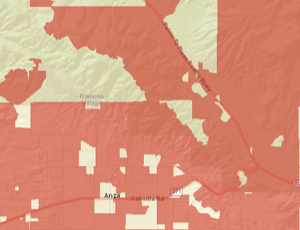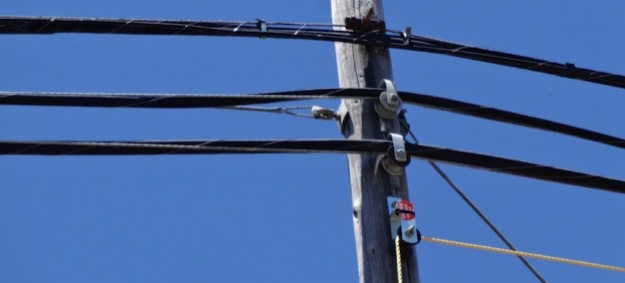![By Joachim Huber [CC BY-SA 2.0 (https://creativecommons.org/licenses/by-sa/2.0)], via Wikimedia Commons](https://www.tellusventure.com/images/2017/9/vultures.jpg)
The game isn’t over when the California Public Utilities Commission votes to impose conditions on big mergers. Telecoms companies will immediately challenge decisions, administratively and in court, and try to wriggle out of obligations by any means possible.
Comcast is doing that now in Vermont, where that state’s public utilities commission required it to build out 550 miles of line extensions into rural areas. According to an article by Jon Brodkin in Ars Technica…
The company’s court complaint says that Vermont is exceeding its authority under the federal Cable Act while also violating state law and Comcast’s constitutional rights…
Comcast’s complaint also objected to several other requirements in the permit, including “unreasonable demands” for upgrades to local public, educational, and governmental (PEG) access channels and the building of “institutional networks (“I-Nets”) to local governmental and educational entities upon request and on non-market based terms”…
Comcast often refuses to extend its network to customers outside its existing service area unless the customers pay for Comcast’s construction costs, which can be tens of thousands of dollars.
…
More


![By Joachim Huber [CC BY-SA 2.0 (https://creativecommons.org/licenses/by-sa/2.0)], via Wikimedia Commons](https://www.tellusventure.com/images/2017/9/vultures.jpg)



![By Mariordo (Mario Roberto Durán Ortiz) (Own work) [CC BY-SA 3.0 (https://creativecommons.org/licenses/by-sa/3.0)], via Wikimedia Commons](https://www.tellusventure.com/images/2017/8/closed_lanes.jpg)



